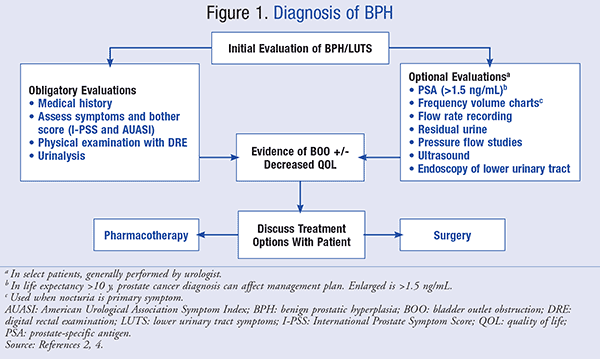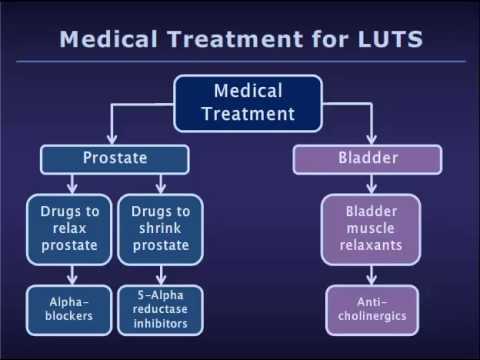
There are several drugs for benign prostatic hyperplasia (BPH). These medications help to control symptoms, such as weak urine stream and need to urinate often. Some are used to treat BPH symptoms, such as pain and inability to control urination. In addition to these medications, there are also natural remedies. Tamsulosin, a generic version of Cernilton, was approved by the Food and Drug Administration in December 2011.
Finasteride and alfuzosin are two phosphodiesterase-5 inhibitors used to treat BPH. They can help with symptoms associated with benign prostatic obstruction and benign prostatic hyperplasia. These medications have a direct effect on the prostate specific antigen and may be effective in treating BPH. For this reason, these two types of treatments are often used in combination. However, there are also side effects associated with these drugs.
While no single medication can cure this condition, they can help reduce the symptoms. While there is no specific cure for LUTS, lifestyle changes can help manage the symptoms. These measures can be beneficial for those with BPH and prevent the condition from progressing. Listed below are some medications for BPH. They may help relieve symptoms and control the progression of the disease. Once these treatments are successful, you may want to consider surgery.
Other treatments for BPH include phosphodiesterase-5 inhibitors. These drugs are often prescribed in combination to treat symptoms of benign prostatic hyperplasia. A study conducted by the Department of Veterans Affairs found that tadalafil, along with finasteride, improved sexual function in men with lower urinary tract symptoms. These studies suggest that these drugs may be useful for treatment of BPH.
Apo Doxazosin is a type of a-blocker. It is used to treat symptoms of BPH that are associated with a blocker. A-blockers are also recommended for patients with symptoms of BPH. Flomax is a version of alfuzosin, and is also available in generic form. These medications may vary in price, depending on your geographic region.
Doxazosin is used to treat symptoms of BPH. It is also used to treat lower urinary tract inflammation and block the a-a-A receptor. According to the BJU International study, tamsulosin can help patients with their symptoms of BPH. It can be taken in conjunction with silodosin. These are the only two drugs recommended for use with the other medications for BPH.

There are different medications for BPH. The two most common ones are finasteride and dutasteride. The former is more effective for men with large prostates, but it can cause depression. It may cause diabetes, and it is best to avoid using it if you are planning on having children. It can harm sperm. For these reasons, it is not recommended for use in patients with BPH.
Finasteride and alfuzosin are both used for treating BPH. They both affect the prostate-specific antigen and can be used in combination with other medications for this condition. In fact, Finasteride has a lower risk than dutasteride, so it’s best to use the latter if you have the condition. This is because Finasteride can cause a prostate-widesplasia that is not completely curable with other methods.
Two widely used drugs for BPH are α-blockers and silodosin. These drugs are used to treat the symptoms of LUTS. In addition, they can also be used to treat the symptoms of the disease. The EAU recommendations for the treatment of non-neurogenic LUTS in men are based on the efficacy of these drugs in patients with BPH. The EAU recommends both a-blockers and silodoserine.
While medications for BPH are effective for treating symptoms, surgery is also a viable option. Transurethral resection of the prostate can lead to an irreversible reduction in the size of the bladder. Regardless of the treatment modality, a combination of therapies can improve patient outcomes. If you are looking for information about BPH, the site iHealzy can help you. He can give you answers to your questions. Also, ask your pharmacist about medicines for BPH today.
While medications for BPH can reduce symptoms, surgery is the only way to completely eliminate the condition. In most cases, medication can help control the symptoms of BPH, but surgery is still the best option in extreme cases. It is important to note that BPH medications can have serious side effects. Fortunately, there are several options for solving the problem, including surgical treatment. The main treatment for BPH is an operation called transurethral resection of the prostate, or TURP.